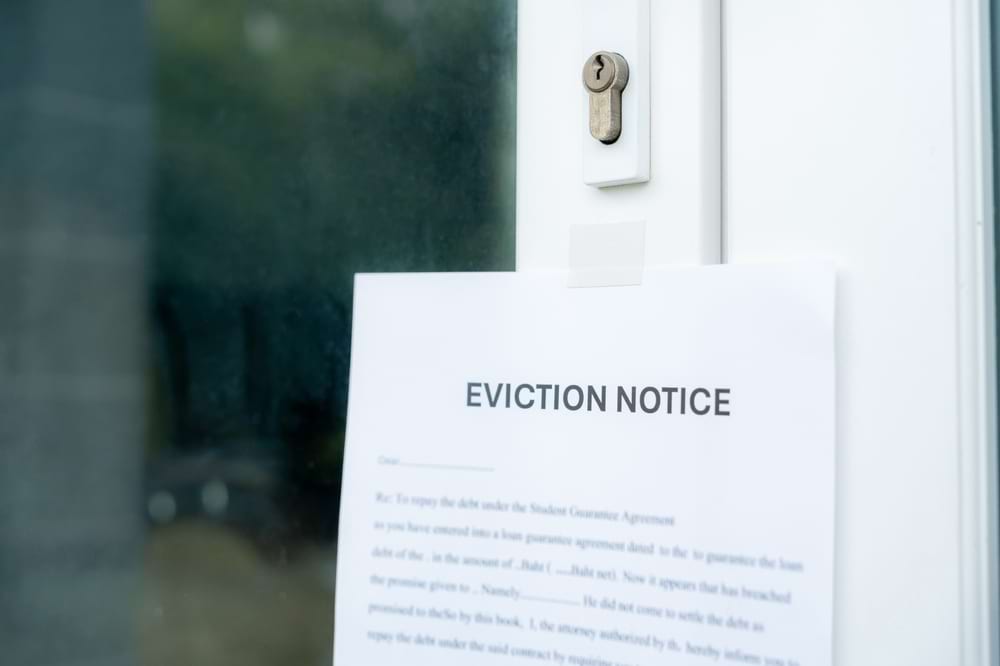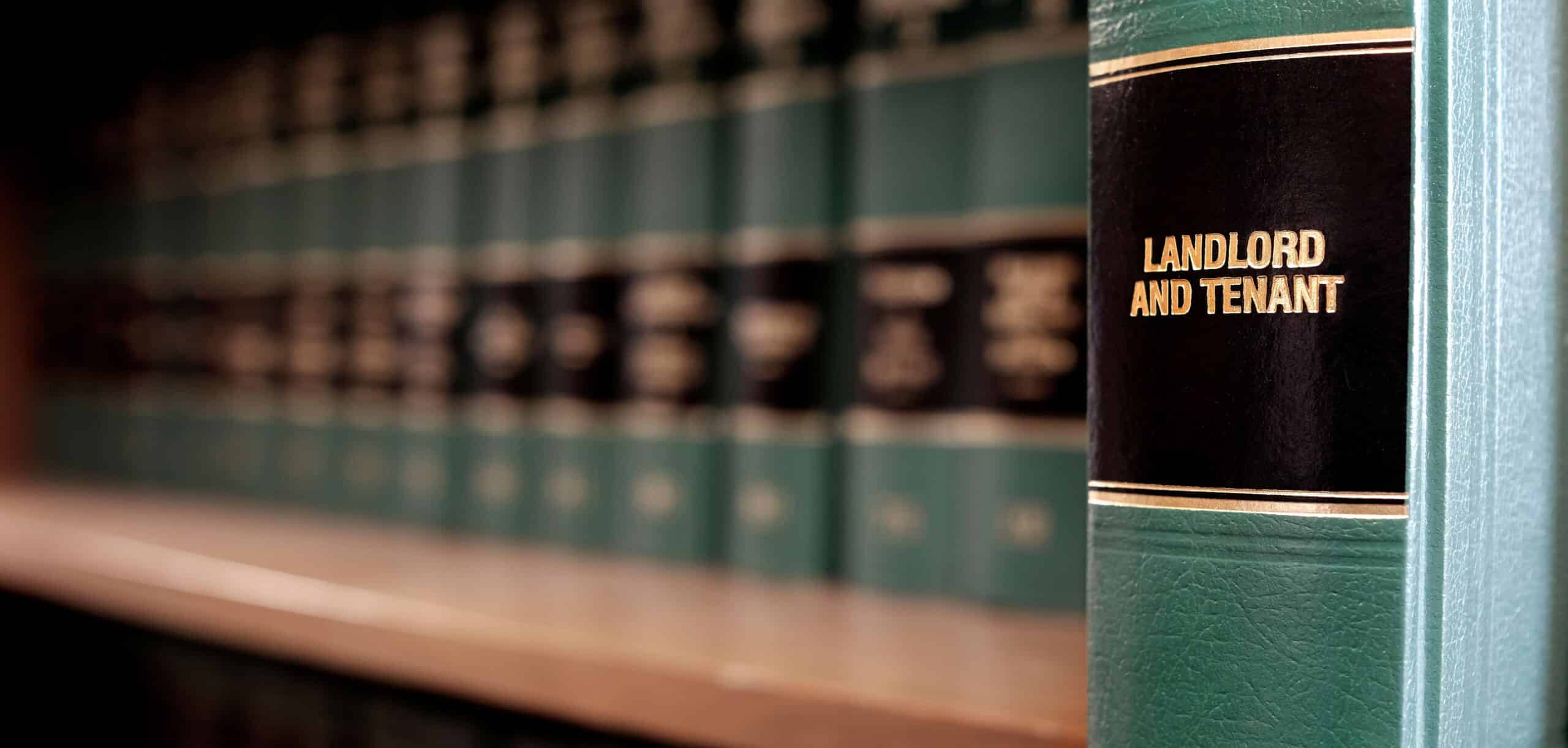Tenanted properties need to be maintained.
This can be a tricky issue for both tenants and landlords.
Read our blog below to know who is responsible for painting in a tenanted property (in the UK).
Reasons to paint a property
One of the main reasons to paint a property is to improve its appearance.
Landlords might want to do this because they have viewings coming up (either for renting out or even selling their rental property). And tenants might want to because it improves their living environment.
Painting is also needed if there has been any kind of damage to a wall, for example:
- Stains
- Mould or damp in the house
- Water damage
- Structural damage (cracks)
- House pest infestations
- Natural disasters.
(Some of these scenarios may be covered by landlord insurance.)
Some modern paints have weather protection features. And others can improve the durability of interior surfaces.
Who is responsible for painting – the landlord or tenant?
In most cases, the landlord is responsible for painting a property.
However, there are exceptions to this rule. Let’s go through the main scenarios.
Wear and tear
If paint has faded in (or on) a house due to normal wear and tear, it’s the landlord’s responsibility to update it. They can’t force the tenant to pay for this.
Property damage by the tenant
If the tenant has damaged the property’s walls, then it becomes the tenant’s responsibility to refresh the paint. This is usually outlined in the tenancy agreement.
If they refuse, the costs involved will often be taken from their deposit. These cases can sometimes go to court, where the parties must prove who damaged the wall.
Redecoration for tenant’s personal taste
If a tenant wants to paint or repaint a property simply because they would like it to be another colour, they will likely have to pay themselves.
However, they might be able to split the costs if the landlord is also interested in painting the property this colour.
Do tenants need to get the landlord’s permission before painting?
If a tenant wants to paint a house, they’ll need to request permission from the landlord. Written permission is ideal.
If tenants paint property without the landlord’s permission, they could forced to return it to its original state (and cover the costs of this).
Negotiating on painting
Tenants can consider negotiating with landlords over painting.
For example, they can agree to return it to its original state before they move out.
Or they can keep landlords heavily involved with choices over colour and style.
It’s generally easier to agree on a colour that will lighten the property.
Can tenants refuse to repaint a property when landlords ask them to?
It depends on the tenancy agreement. If a tenant has done something that’s forbidden in their signed agreement, they’ll need to undo it.
Failure to do so could result in eviction, withholding of their deposit, and perhaps being sued for damages.
If tenants disagree with their landlord’s basis for requesting this, that’s another matter.
For example, perhaps they mislabel wear and tear as ‘serious’ damage to the walls.
Tenants and landlords need proof of walls’ original condition in any event.
Will landlords reimburse tenants for painting costs?
It depends on the situation.
If there are no issues with a property’s existing paintwork, whoever asks for repainting (landlord or tenant) will likely have to pay for it.
Both parties should aim to get the other’s answer in writing when making requests around this subject.
They should also keep clear records of all painting that occurs, including getting receipts for supplies and professionals involved and ‘before’ and ‘after’ photos.



















